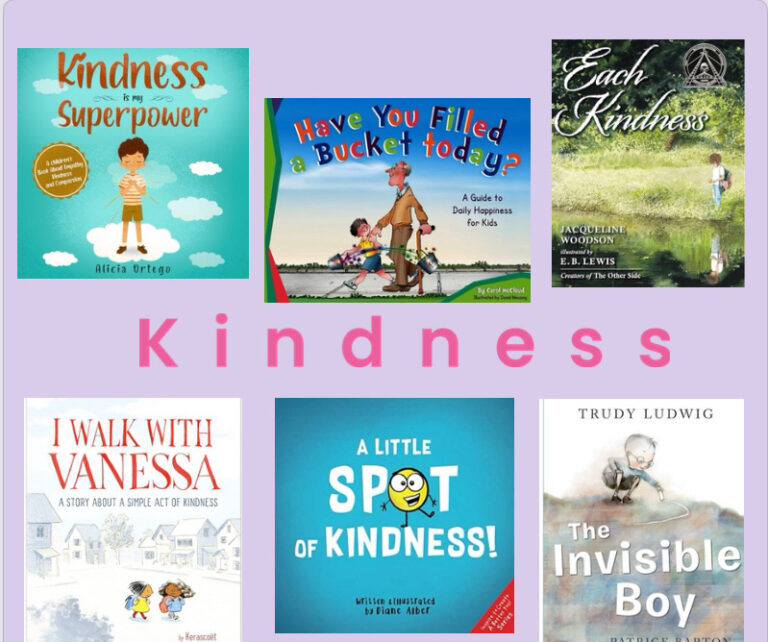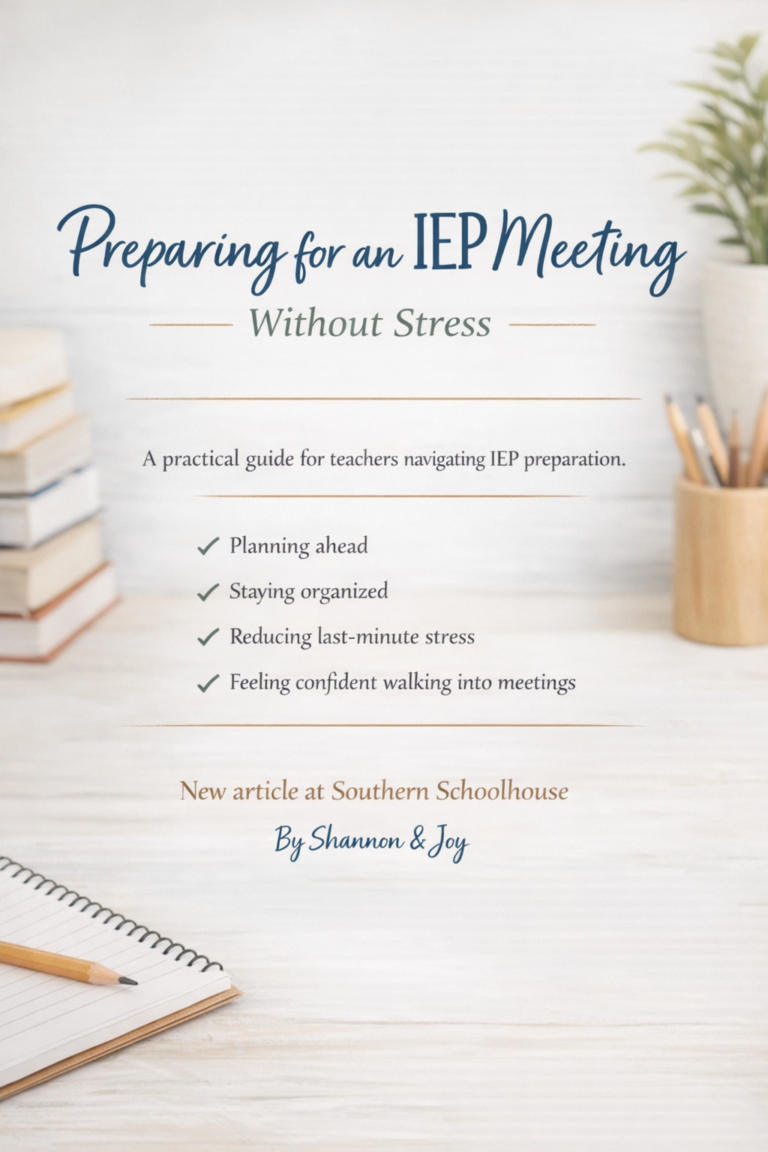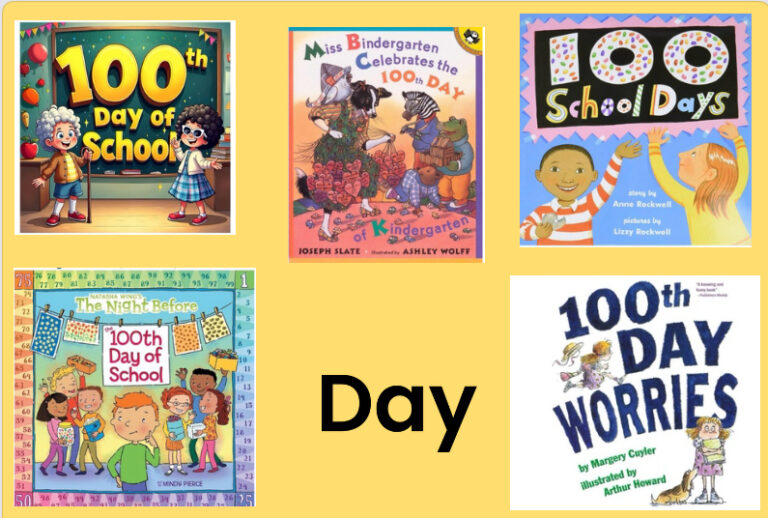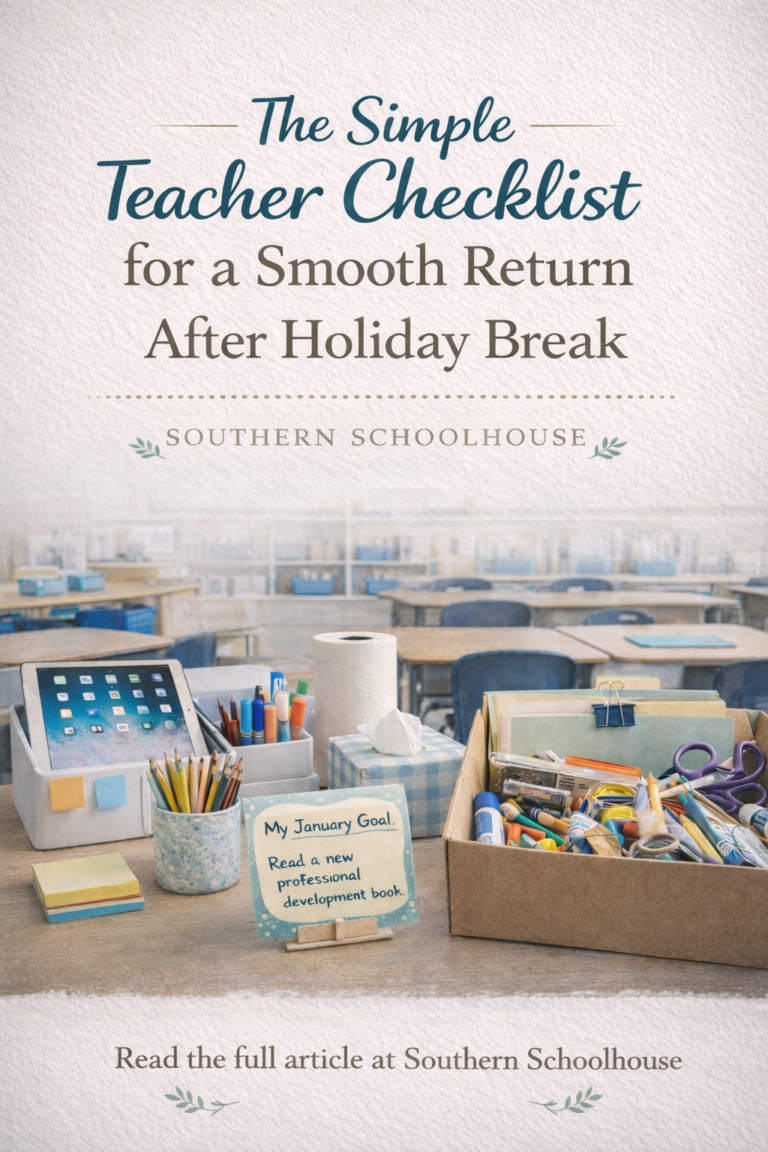By Shannon at the Southern Schoolhouse
I’m going to be honest here, I’m a very routine-oriented person, but looking back, I’m not sure I did the best job building executive functioning skills with my three children as they were growing up.
During the summer, I had our days planned out: meals were prepped, the kids had routines, and I always included a little learning time. But the truth is, I did it all myself. I didn’t always involve them in decision-making or let them help with things like prepping food or managing their own time.
Now that my two older children are adults, I can see the gaps. I got multiple phone calls from college asking how to do this and that, and I definitely noticed some time management struggles during my son’s first year away.
Over the years, both in the classroom and at home with my third child, I’ve learned that building executive functioning skills doesn’t have to be complicated. In fact, small daily habits can go a long way in helping children develop these skills. Here are some simple strategies you can start using right away to build these skills in your own children.
- Visual schedules for younger kids or checklists (laminate and reuse)- It will take PRACTICE!
- Morning Routines- ✅Make bed, get dressed, eat breakfast, brush teeth
- Night Routines- ✅ Take shower, brush teeth, lay out clothes, read book

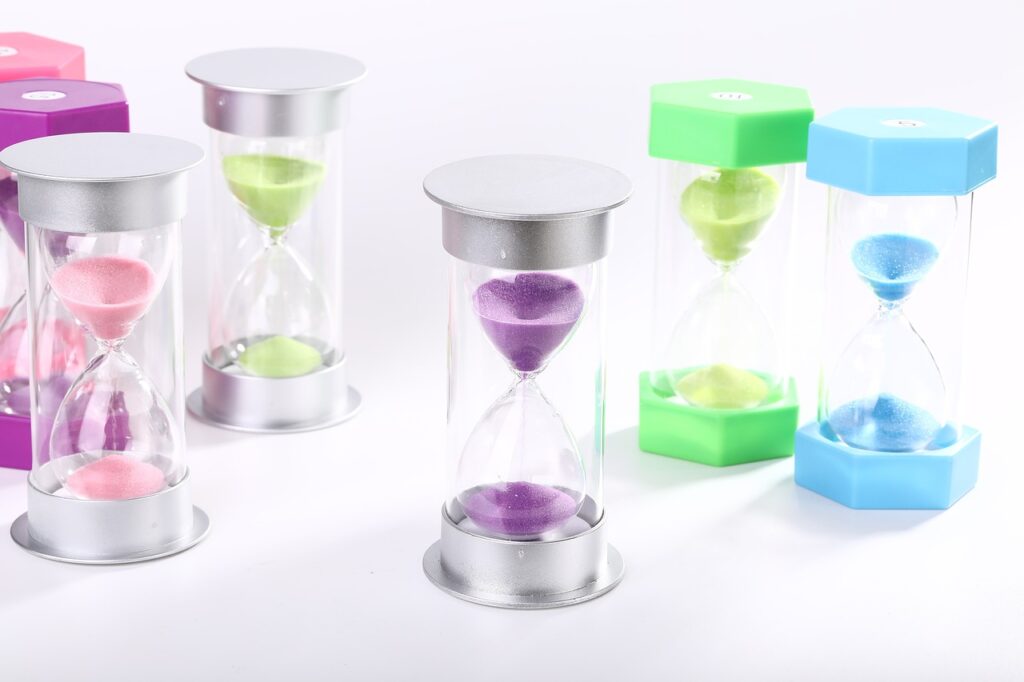
- 2. Set a timer for tasks (my kids were notorious for taking forever to “clean” their room)
- Set a timer when they are doing chores
- I am going to set the timer, let’s see how much you can get done in your room in 10 mins.
- Start with short time frames and increase as they increase attention (5-15)
- Praise for growth
- I saw that you were able to get all of the dishwasher unloaded in 10 minutes and before it was 15.
- Set a timer when they are doing chores
- 3. Plan Ahead
- On Sundays, plan a schedule together for the week and post where everyone can see. WHY?
- There will be no surprises and the kids will know the expectations for the week.
- Change up the chores each week. WHY?
- You want the children to be exposed to what you do everyday because one day, they will have to do it, too!
- Again, praise for growth you see!
- On Sundays, plan a schedule together for the week and post where everyone can see. WHY?


- 4. Model how you problem solve out loud.
- I see we are out of spaghetti sauce. Hmmm.. I don’t have time to go to the store so we will have to do chicken tonight.
- Help them problem solve situations.
- They wake up on swim day and it is raining. What are our choices?
- 5. Provide limited clear choices
- Encourages decision-making and reduces being overwhelmed
- For breakfast, do you want pancakes or eggs with bacon?
- We can waste time being upset about not being able to swim or we can decide on a different fun activity.
- Encourages decision-making and reduces being overwhelmed

These are only a few suggestions and would for sure had made my summer less tiring and my kids better with their executive functioning skills. Executive functioning is like the brain’s air traffic control system, it helps kids plan, focus, remember, manage emotions, and make decisions. And just like muscles, these skills get stronger with practice, especially when you start early. For more ideas on how I managed schedules and routines when my kids were younger during the school year, read my article, It’s Time to Go! How Morning Routines Save the Day.


